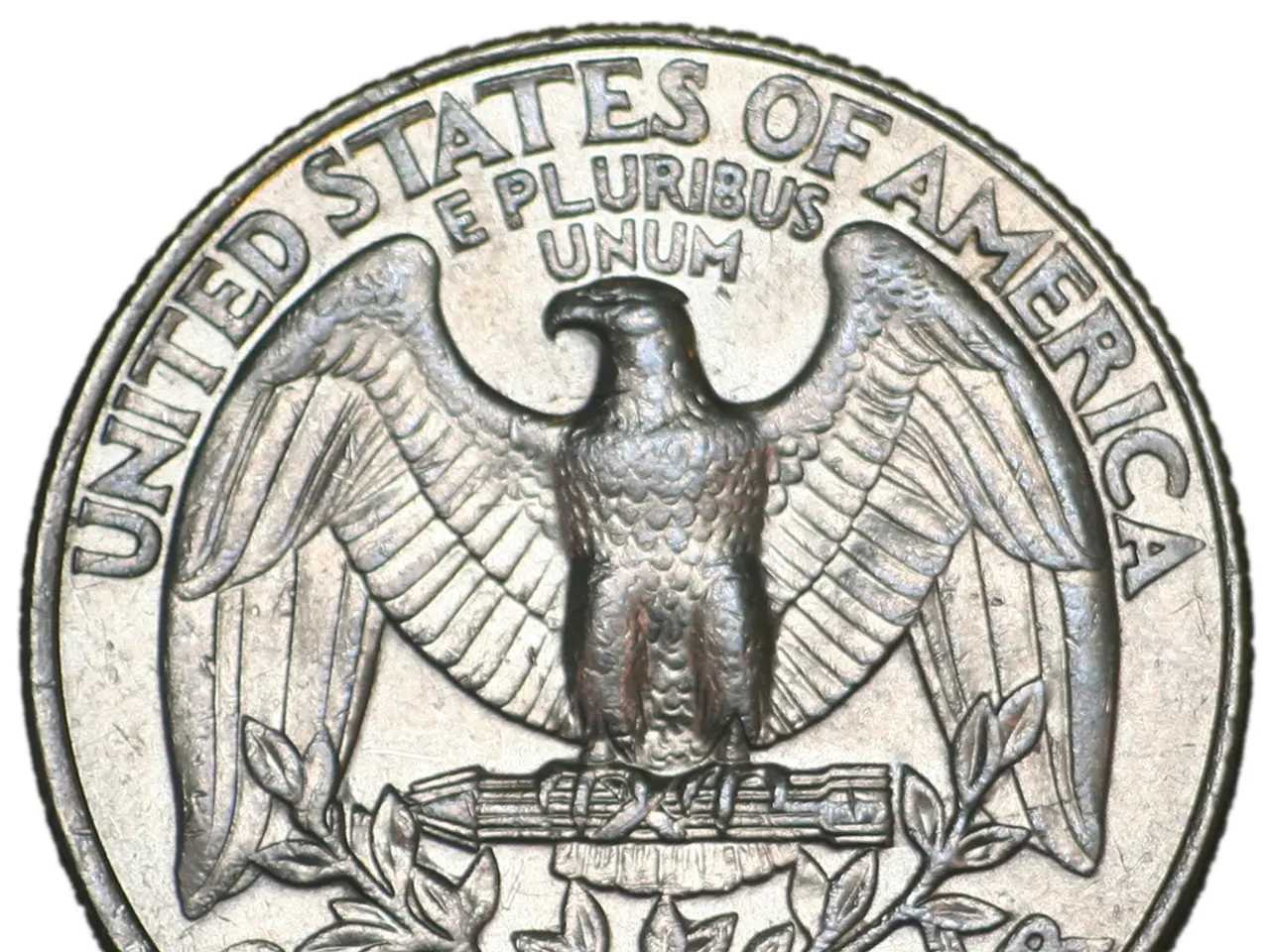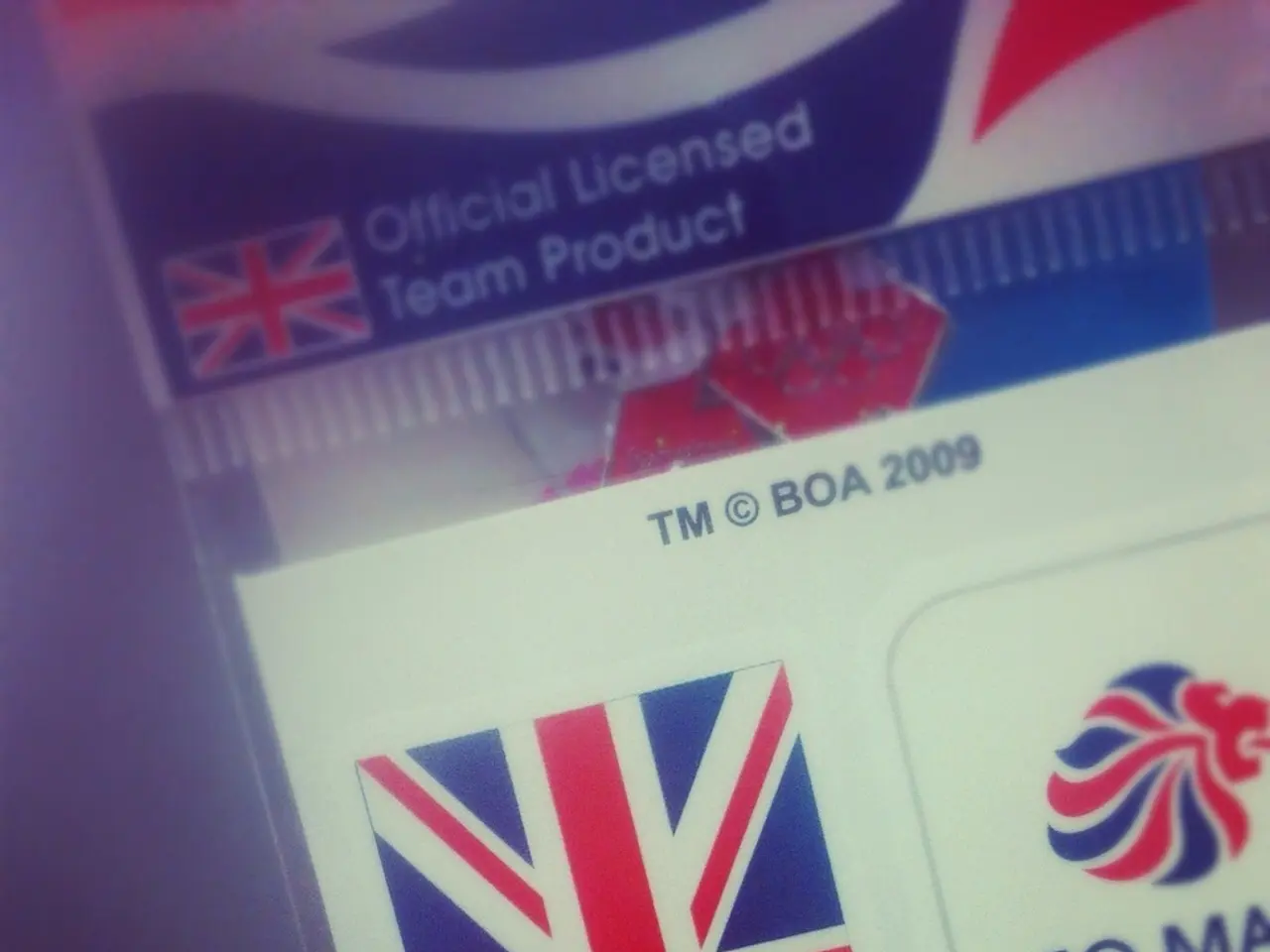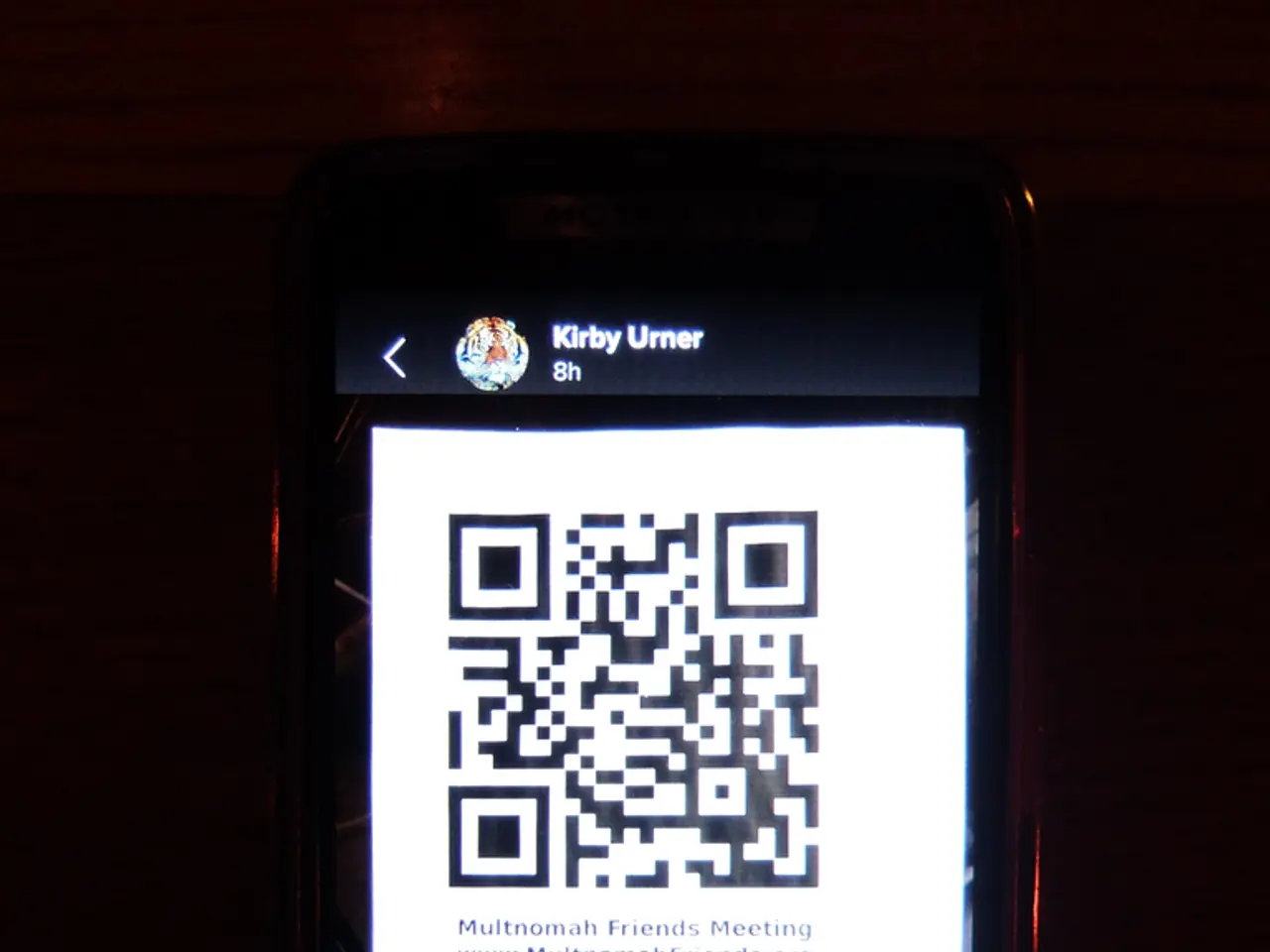Investment in Hamilton reaches $1.7 million for the tokenization of tangible assets across MENA using Bitcoin as a base
Hamilton, a pioneering startup founded in 2024, has secured $1.7 million in a pre-seed funding round. The company aims to democratize access to capital markets by tokenizing real-world assets (RWA) on Bitcoin, with a particular focus on the MENA region.
The funding round was led by DisrupTech Ventures, with support from CMS, DeSpread, Hyperithm, Core Ventures, and other investors. The fresh funds will be used to further develop the Hamilton protocol and expand its offerings in the MENA RWA space on Bitcoin.
Malek Sultan, Co-Founder and Partner of DisrupTech Ventures, expressed his excitement about the investment, stating that Hamilton is breaking down barriers through tokenization, enabling anyone, anywhere in the world, to participate in these institutional-grade investments with just one dollar.
The founders of Hamilton bring expertise from the blockchain and fintech sectors, with a focus on emerging markets. The startup is led by Mohamed Elkasstawi, who stated that Bitcoin provides the ideal infrastructure to democratize access to capital markets for everyone, everywhere.
Hamilton's protocol is designed to offer global access to institutional-grade financial products built on tokenized RWAs. It leverages Bitcoin's security and decentralization to provide a secure foundation for these products.
In the near future, Hamilton seems positioned to expand within the institutional financial products space by broadening access to tokenized RWAs and capital markets infrastructure. Its focus on Bitcoin as the foundational layer highlights an emphasis on security and decentralization, likely targeting adoption among institutional and accredited investors globally.
The MENA region's RWA market is projected to reach $30 trillion by 2030, providing a fertile ground for Hamilton's growth. Current market trends in MENA support real estate and other RWA tokenization, coinciding with Hamilton’s thematic focus, suggesting favorable market conditions for its growth.
One of Hamilton's key products is HUSD, a Bitcoin-native stablecoin backed by U.S. Treasury bills. The startup has already completed its first transaction, tokenizing U.S. Treasury bills on Bitcoin Layer 2 solutions including Stacks, Core, and BoB on July 4, 2024. Another product, HUST, represents tokenized U.S. Treasuries, while Publius is a platform for financial institutions to tokenize assets on Bitcoin.
As Hamilton continues to develop its protocol and expand its offerings, it is poised to make institutional-grade investments accessible to individuals and institutions worldwide, with a focus on the MENA region. The startup's mission to democratize access to capital markets through Bitcoin is a significant step towards bridging the gap between traditional finance and the digital economy.
The fresh funds from the investment will be utilized to further develop the Hamilton protocol, focusing on technology to expand its offerings in the MENA region's real-world asset space on Bitcoin, thereby facilitating investing in institutional-grade financial products. With its emphasis on Bitcoin's security and decentralization, Hamilton aims to democratize access to capital markets globally, integrating technology to make happen what Malek Sultan called breaking down barriers through tokenization.



